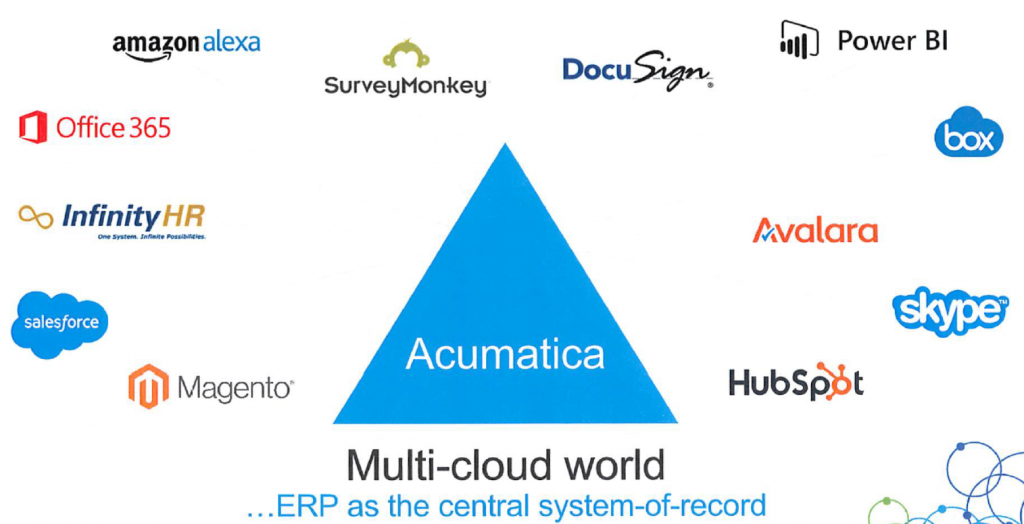What is Multi-Cloud Computing?

Multi-cloud computing refers to a system implementation that relies on multiple cloud computing solutions at the same time. The implementation might use public cloud solutions, private clouds, homegrown clouds, or some combination of all of these.
This allows for a “best-of-breed” solution as the best cloud services from leading cloud vendors can be implemented in response to your exact, targeted business requirements.
Since you are utilizing multiple cloud services, you could think of multi-cloud as “portfolio computing“.
Why Multi-Cloud?
Multi-cloud computing enables you to implement each of your business solutions where it performs best and for the lowest cost.
It provides flexibility, as well as the best fit, for the services you provide internally and externally.
Multi-cloud computing empowers you to adapt to changes in your unique business landscape without requiring you to rework your business-wide cloud architecture.

Benefits of Multi-Cloud Computing

Multi-cloud computing is gaining in popularity due to its many benefits including:
- More choice – You can mix and match the best cloud services to meet your unique business needs, so each part of your business has the exact functionality it requires.
- Greater reliability – With a multi-cloud solution there are fewer single points of failure that can take down your entire IT infrastructure.
- Added flexibility – Your cloud solutions will scale up as your requirements grow and will scale down as needs shrink. You pay for what you use.
- Avoid vendor lock – By employing multiple cloud vendors, you are not beholden to any one vendor.
- Cost-performance optimization – By moving systems and solutions to the cloud, you can reduce capital expenditures while ensuring more reliable performance for these systems.
- Risk mitigation – Cloud vendors live and die by their reputation and therefore take security very seriously, deploying far more stringent security protocols and defenses than most businesses typically would. Your risk is spread across multiple platforms.
How Does Acumatica Fit In?
Businesses who engage in a multi-cloud strategy will use a wide range of applications. This will create challenges with regards to interoperability and integration. If you want to be strategic and mitigate these challenges, you should select an application to be the center of your multi-cloud world. Your ERP solution is typically the best choice for this role.
By using a cloud ERP solution like Acumatica as your central system of record, you prevent “data silos” and will be able to more easily track what is happening throughout your enterprise. You will be able to get the right information at the right time so you can make the right decisions to guide your business.
Acumatica has a strong API and already integrates with dozens of cloud applications, including Office 365, Salesforce, Magento, HubSpot, PowerBI, DocuSign, Zenefits, and others.
Learn More
Still have questions?
You can learn more about cloud ERP on the following pages:
Or you can contact us using the form on this page.
